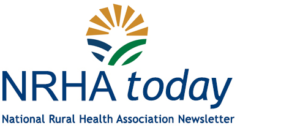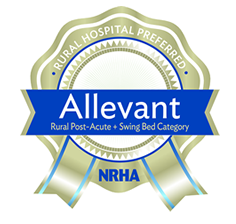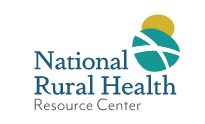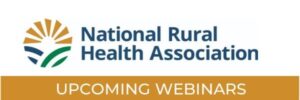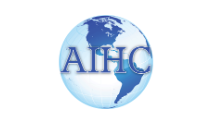August 10, 2023

Partnership for Quality Management (PQM) Seeks Rural Health Experts for Committees
New committees are being formed by Battelle, as contracted by CMS, to make recommendations on health care quality measurement. Rural health experts are sought for all PQM committees.
It takes diverse voices to drive PQM’s mission. PQM uses a consensus based process involving a variety of experts – clinicians, patients, measure experts, and health information technology specialists – to ensure informed and thoughtful endorsement reviews of quality performance measures.
Interested in learning more about joining a committee? Click Here
Committee Nominations:
Battelle staff conduct a review of committee member appointments annually, which includes internal re-calibration of membership, a call for nominations, and targeted outreach.
Any interested party may nominate themselves or another individual to a committee of interest once the nominations period is open.
Click Here to nominate yourself or another person

